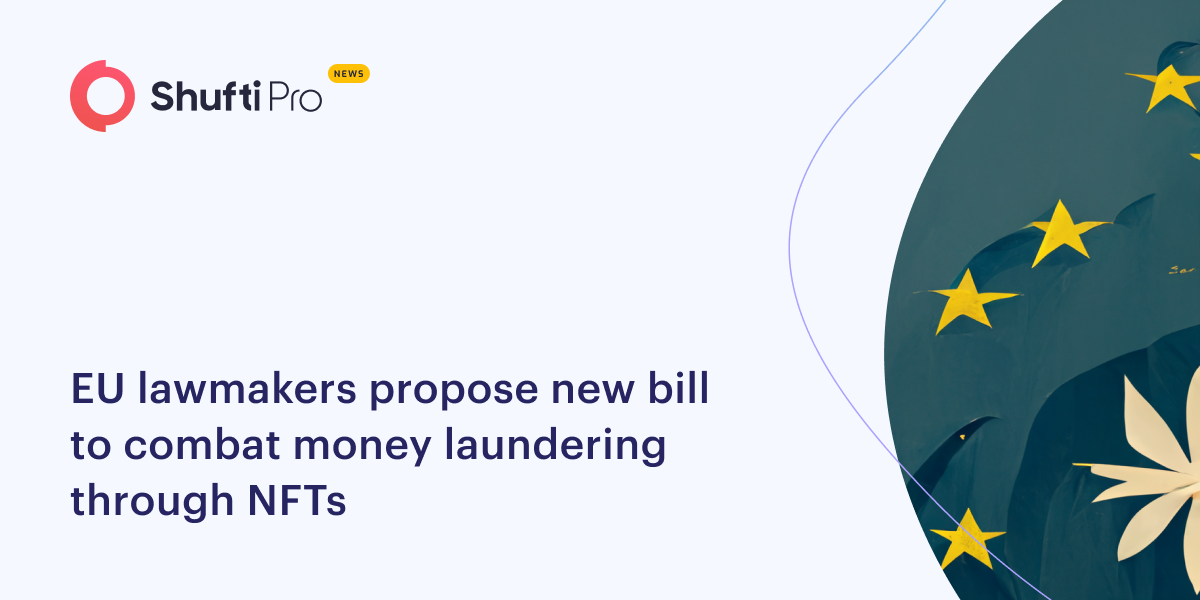EU Lawmakers Propose New Bill to Combat Money Laundering through NFTs

Members of the European Parliament have proposed a new bill to increase scrutiny of the NFT and DeFi sectors in the fight against money laundering.
The European Parliament is considering an overhaul of the EU money laundering laws proposed by the European Commission last year, a draft bill shows. The draft is couched as a set of “compromise amendments” to the law, designed to get consensus opinions among various political factions.
The European Parliament will be incorporating a left-wing lawmaker idea from earlier this year by including DeFi within the law’s scope.
The text says DeFi and the decentralized autonomous organizations governing it should also have to follow rules establishing control by the EU in some ways.
“Developers, owners or operators should assess risks of money laundering and terrorist assessments before launching or using a software or platform,” it added.
In addition, money laundering authorities have tried to outlaw the use of privacy-enhancing services like Tornado Cash over fears that such services will be used to process criminal money and prop up regimes like North Korea’s.
The plan would see a list of “obligated entities” covering banks, real estate agents and diamond traders, and would extend to wallet and crypto service providers regulated under the EU’s separate Markets in Crypto Assets Regulation (MiCA).
Traders accepting crypto payments for goods and services worth over 1,000 euros, along with those trading or mining NFTs, may also be forced to check identities and report suspicious transactions.
PYMNTS wrote recently that two lawsuits by the Commodity Futures Trading Commission (CFTC) could completely change the industry and make projects “ungovernable.”
The lawsuits could threaten those participating in the governance voting with liabilities.
The issue arose in a lawsuit against DeFi exchange developers bZeroX and its founders, which resulted in them taking a $250,000 settlement for not registering as Futures Commission Merchants and not enforcing various regulations such as KYC rules.
Suggested read: European Commission to Negotiate Scope of NFTs & Private Wallets in Crypto Regulation











